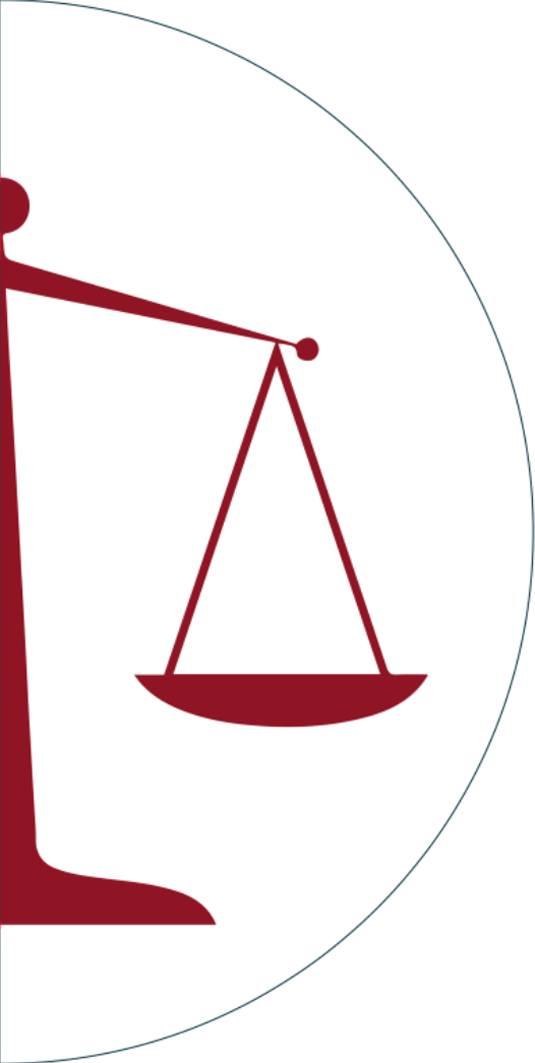ABSTRACT
The actual role of the fourth branch in the triggering of the current economic and financial crisis, together with the recent case law and
theoretical developments in the area of regulation, are compelling evidence that a reflection on the powers of independent administrative
agencies is critically needed. The importance of such reflection is no less linked to the duties of the regulatory State vis-à-vis the
constitutional State - a case in point is when the agencies take on quasi-judicial and quasi-legislative power.
Laying special emphasis on this latter aspect, the present study deals with the questions concerning the rulemaking power of regulatory agencies.
It reflects the most recent trends in administrative law, and includes an analysis of the relations between the normative layers of
contemporary legal systems, the emergence of new regulative frameworks, the loss of the traditional territorial scope by administrative rules,
the strengthening of the fourth branch, the balance between consensus and command-and-control, and the dialectics between politics and law.
The adopted comparative law perspective intends to profit from the Americanization of European legal systems and the evolution of the U.S.
administrative state. Regulations, which are regarded as policy tools of the regulatory state, clearly express the recent mutations in
constitutional and administrative law.
The significance and scope of regulatory discretion shall be discussed first and then it will be contextualized within the
trend toward delegalization. After considering the meanings, forms and expressions of delegalization as well as its consequences to the
administrative rulemaking power, the limits of regulatory discretion will be addressed. The A. concludes that the rulemaking power of
agencies is now confronted with the very foundations of the constitutional State: Rule of Law, separation of powers, and democracy.
KEYWORDS:
administrative agencies, regulation, rulemaking power, democracy, rule of law.



